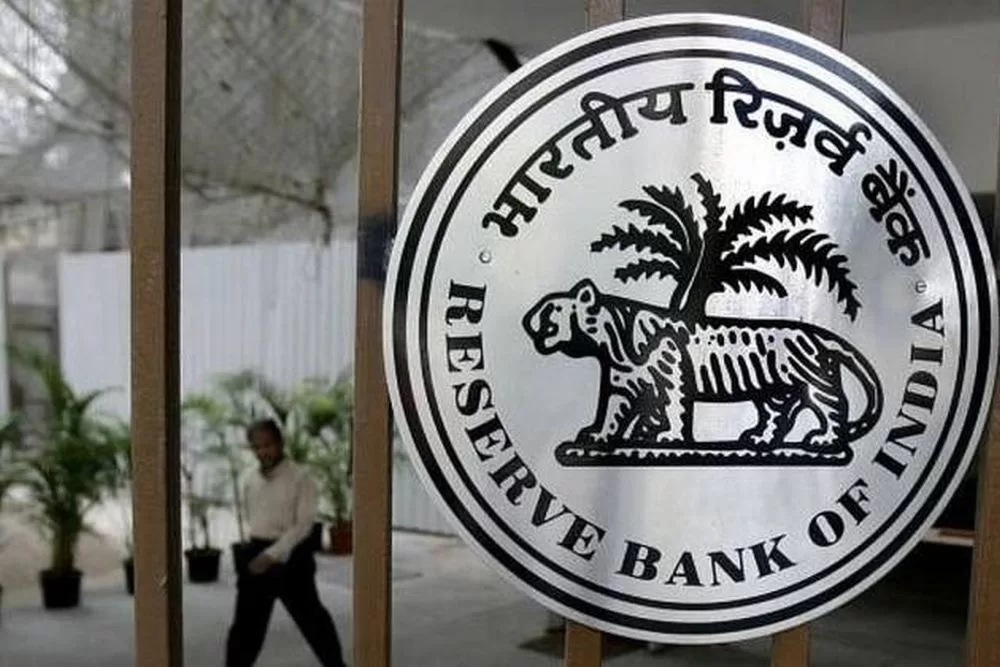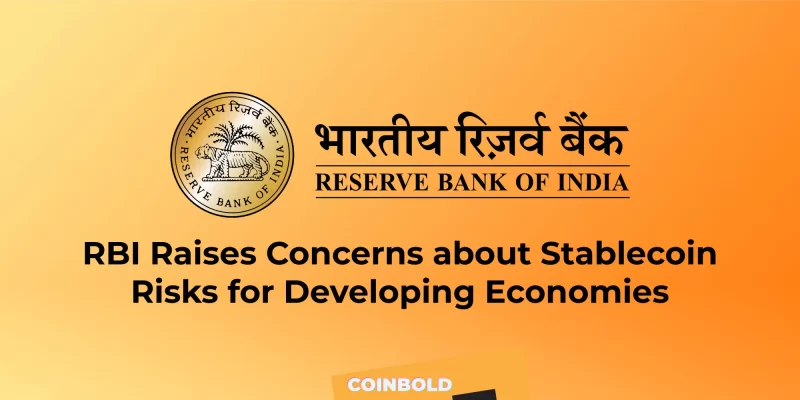The Reserve Bank of India (RBI) has flagged potential risks associated with stablecoins for emerging markets and developing economies (EMDEs) in its latest Financial Stability Report released on June 28. The central bank has identified specific threats that may arise due to the widespread adoption of stablecoins.
Firstly, the RBI warns that EMDEs could face the risk of currency substitution as stablecoins are typically backed by freely convertible foreign currencies. This could lead to a situation where an economy becomes heavily reliant on cryptocurrencies, potentially resulting in currency mismatches in the balance sheets of banks, firms, and households.

Secondly, the RBI highlights the potential challenge for central banks in EMDEs to manage domestic interest rates and liquidity conditions in an environment where stablecoins are prevalent. Additionally, the RBI points out the possibility of cryptocurrencies being used to bypass capital flow management measures, given their decentralized, borderless, and pseudonymous nature.
Thirdly, stablecoins offering an alternative to the traditional financial system could undermine banks’ ability to raise funds and provide credit, impacting the credit risk assessment process.
Lastly, the central bank expresses concern about the difficulty in tracing peer-to-peer transactions involving stablecoins, which could increase the likelihood of their utilization for illicit activities.
The RBI has been actively exploring the potential of digital currencies. It launched a pilot project for a wholesale digital rupee in November and a retail digital rupee pilot project in February. Additionally, in March, the RBI signed an agreement with the Central Bank of the United Arab Emirates to study a Central Bank Digital Currency (CBDC) bridge aimed at simplifying trade and remittances.
Compiled by Coinbold

